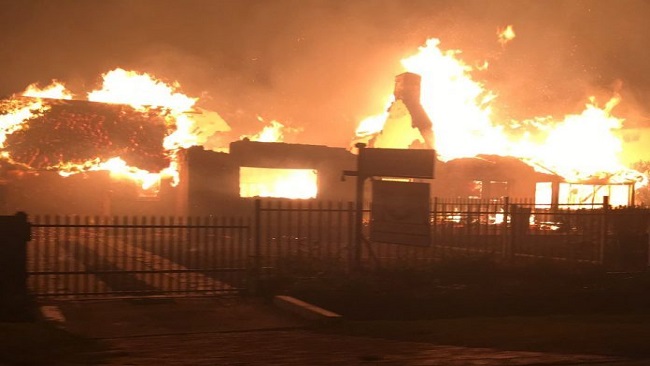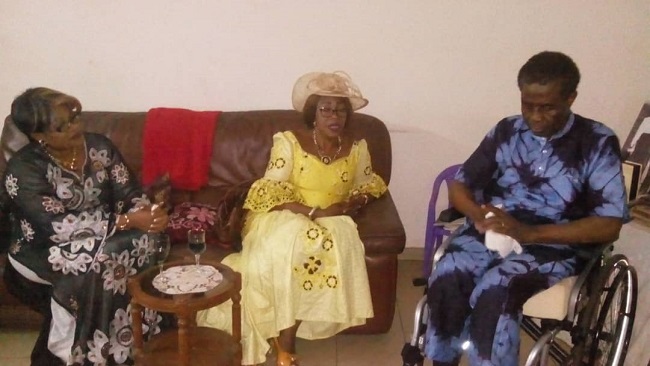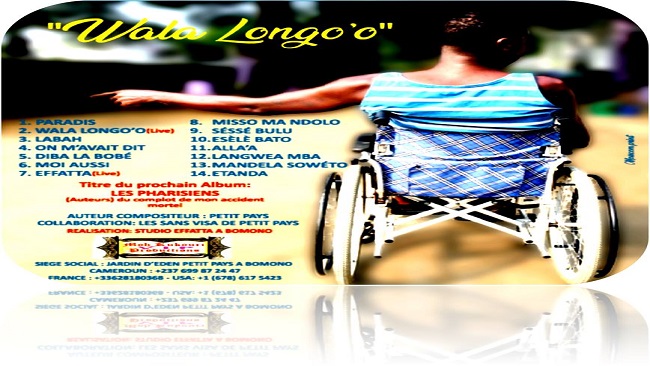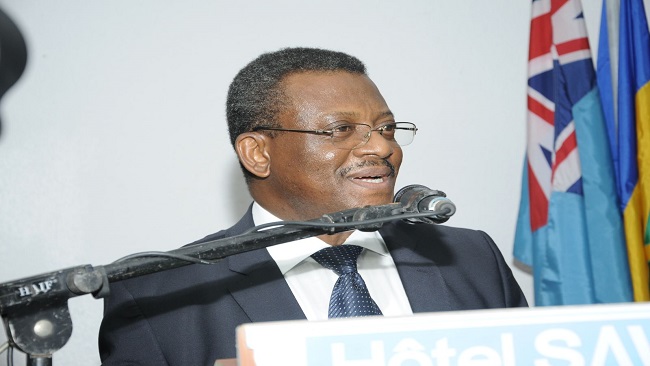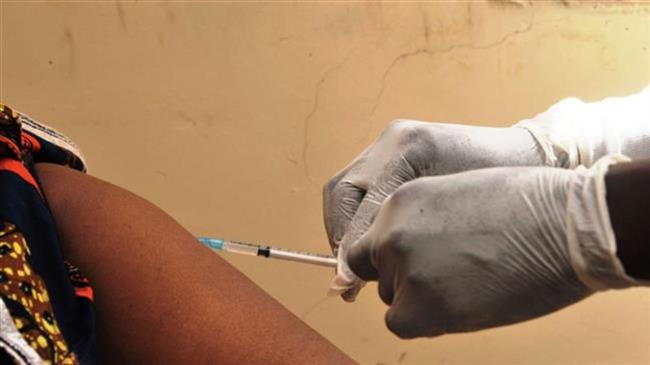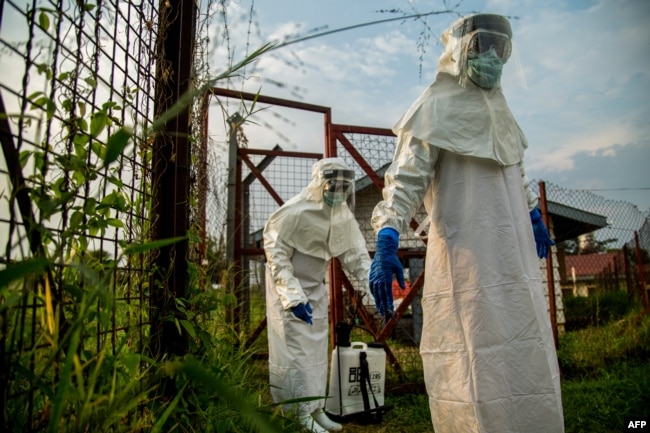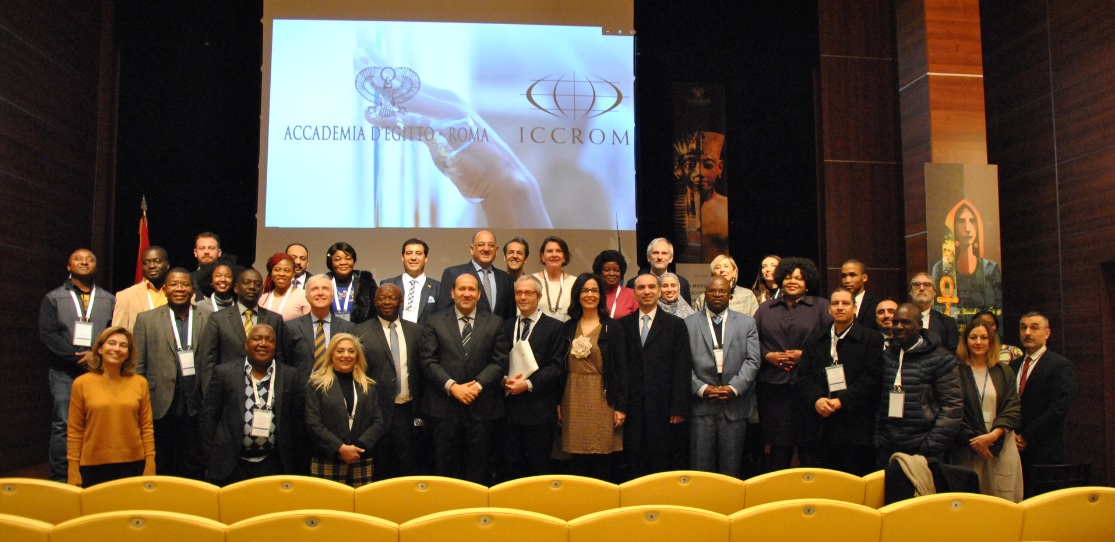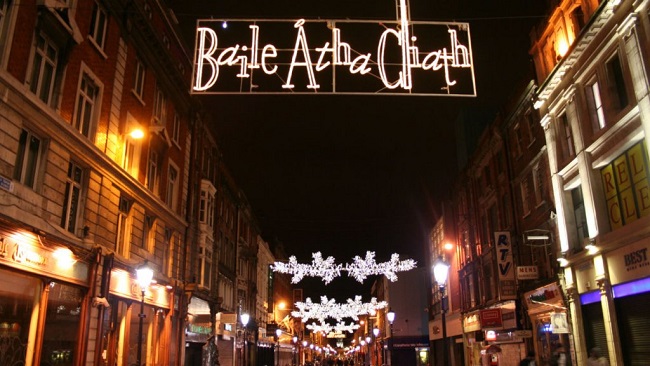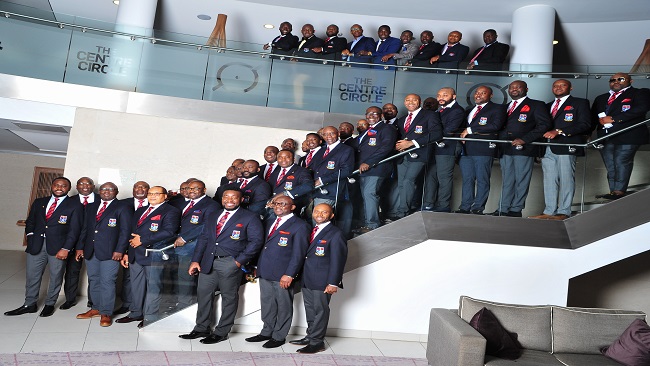Ambazonia Crisis: Cameroon Medical Council Demands Tighter Security
Cameroon National Medical Council on Tuesday urged the government to strengthen security in health centers in the two war-torn English-speaking regions of Southwest and Northwest following an attack on a hospital that resulted in four deaths.
“The National Medical Council has made the Ministry of Public Health and higher authorities of our land to understand that in situation of conflict, the first place to secure is the health center. This is why we are appealing to the high authorities of this country for tight security in all the hospitals in the area,” Vice-President of the National Medical Council Tetanye Ekoe told reporters in the capital Yaounde.
The council reacted following a hospital fire that killed four patients early Monday in southwestern Cameroon. “We are really shocked because up till now the National Medical Council has respected the neutrality of the parties in conflict. We have placed emphasis on the role of the medical personnel to give care equally to all the parties in conflict,” Ekoe said, noting that the council was putting measures in place to cater to the stranded patients after the tragedy. The Cameroonian government has said separatists were responsible for the fatal hospital fire.
Separatists have denied the claiming, saying it was staged by government forces to tarnish their image internationally. Fighting between government forces and armed separatist groups has been going on since November 2017 after the separatists declared the independence of a nation called “Ambazonia” in Northwest and Southwest.
Xinhuanet

